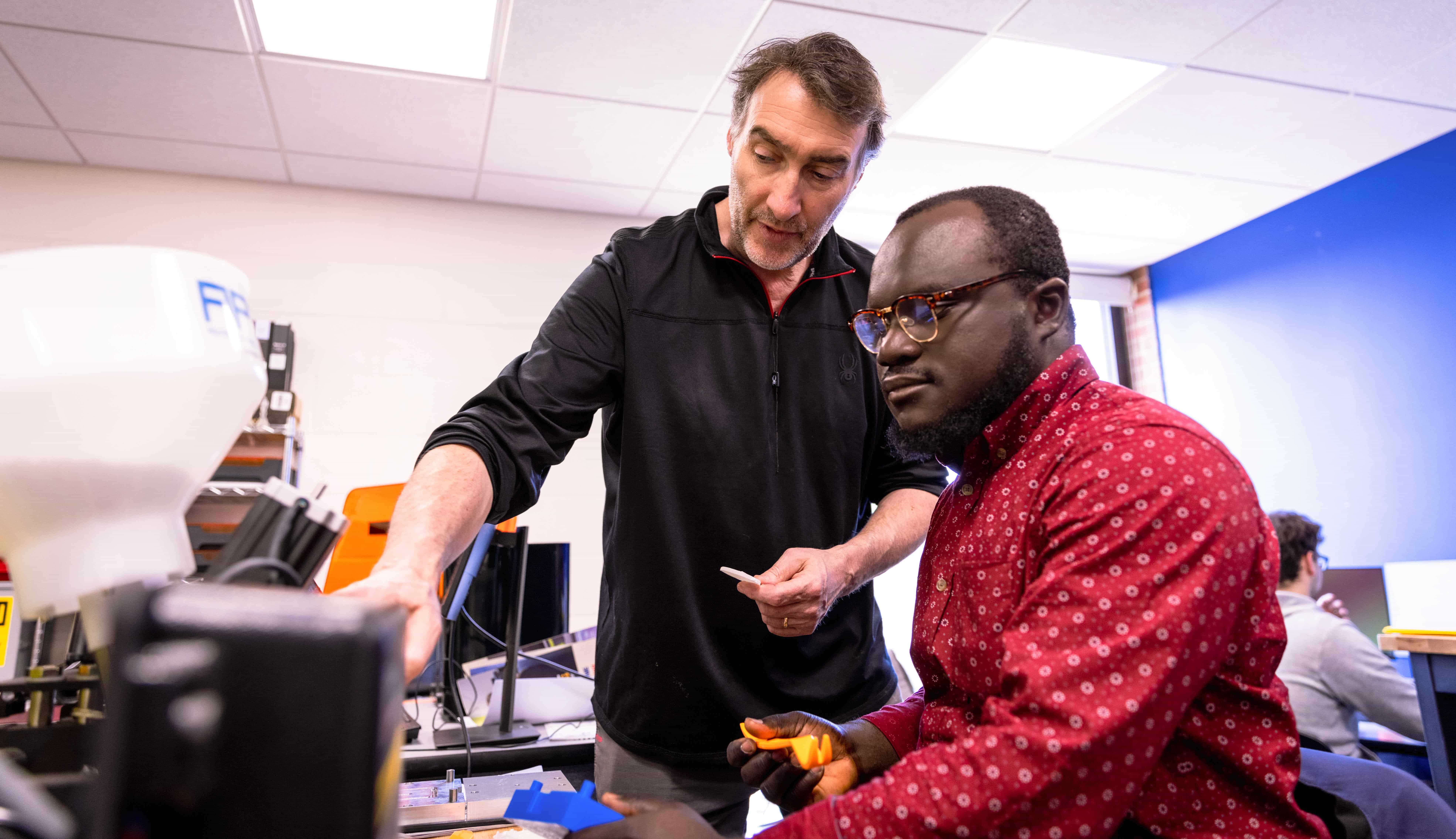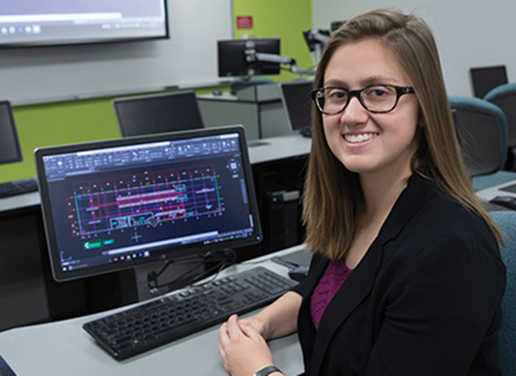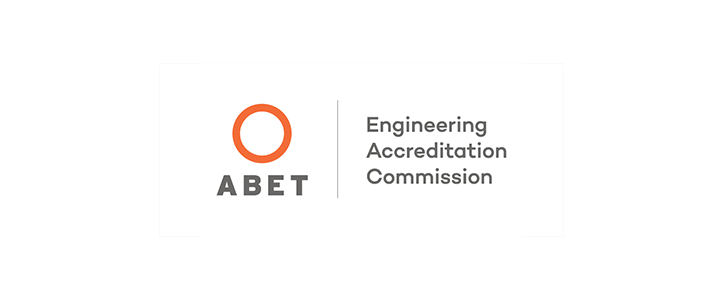Shaping the Future of Manufacturing and Operations
As an industrial engineer, you will have the broadest variety of opportunities, as this profession found in virtually every type of industry. You will find industrial engineers in distribution companies, financial markets, manufacturing firms, healthcare, and technology, to name a few. You will learn all the tools you need for problem solving and decision-making in complex real world systems. The curriculum incorporates a blend of theory, laboratory, and industry-based project work that will prepare you to enter the profession and/or graduate study.
Why Choose Industrial and Engineering Management?
Industrial engineers take a system’s view of things and strive to improve products and processes. You may work in a hospital, trying to design new emergency room procedures to improve wait times and decrease costs, or in an automobile manufacturing plant trying to redesign a production line for better worker ergonomics and improved quality. Maybe you would like to work in a distribution center, analyzing and improving the operations for better customer satisfaction, or as an operations analyst conducting system monitoring, or even designing the layout of a theme park for the best guest flow and minimal wait times. The most distinctive aspect of industrial engineering is the career flexibility it offers.






